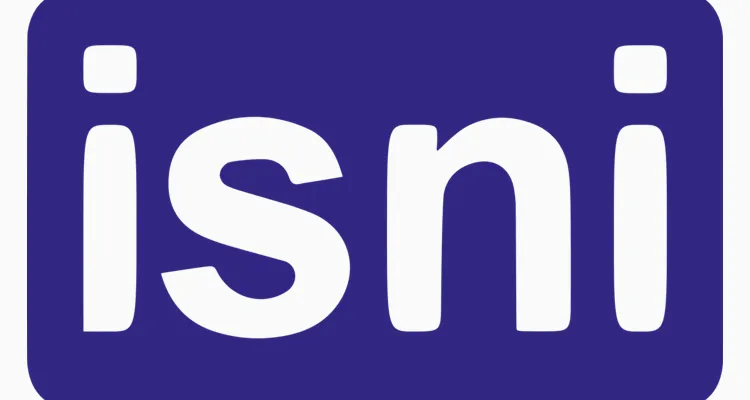Photo Credit: ISNI
The ISNI International Agency has announced a “first of its kind” tie-up with Universal Music Group, which has officially adopted the namesake identifier.
The London-based agency and the major label disclosed their agreement in a brief release today. Described by the involved parties as “a significant leap forward,” the pact has seen Universal Music sign on as one of three dozen or so (fee-paying) ISNI registration agencies.
Despite the newly inked deal, however, the ISNI wheels are already in motion at UMG, with north of 100,000 total contributors (including artists, songwriters, and others) having received identifiers to date.
At least according to the agency and the major label, this step has reduced both “confusion between similarly named artists” and “manual work” on the part of DSPs.
(Housed as well under a single ISNI is, when applicable, the appropriate professional’s name as written in multiple languages, the publicly available database shows. Given the varied member agencies at hand, said database contains an abundance of non-music works to boot.)
And among different things, the ISNI, complete with a breakdown of one’s works and collaborators, ostensibly acts “as a bridging identifier.”
Bearing in mind the ongoing presence of data discrepancies across various entities, that term refers to linking records in UMG’s systems to collection societies’ international performer numbers (IPNs) and more.
Overall, against the backdrop of continued metadata and royalty woes, the perceived function as a bridging identifier will afford professionals “a consolidated and authoritative view of their recordings, works and revenue streams,” per the agency.
Running with the point, UMG SVP of process innovation and advanced operations Kim Beauchamp touted her acquisition-minded company’s formal ISNI embrace as a step towards “empowering creators and setting a new standard.”
“This partnership exemplifies our dedication to ensuring every creator is accurately recognised and rewarded for their work,” said the longtime UMG exec Beauchamp, who doubles as DDEX’s board chair. “By integrating ISNI into our systems, we are empowering creators and setting a new standard for the industry.”
Returning for a moment to the above-mentioned credits problems, the ongoing earthquake of AI-generated audio (and some rather conspicuous failures to determine where royalties are going) on DSPs certainly isn’t helping the situation.
And with a tidal wave of new tracks (some made by humans, some generated by machines, few racking up many streams) hitting on-demand platforms daily, a future where AI and/or major-label works are separated from the get-go doesn’t appear impossible.
Closer to the present, ISNI International Agency executive director Tim Devenport emphasized the belief that “industry-wide improvements” are on the way for the music space in light of the UMG deal.
“Introducing UMG as an ISNI Registration Agency marks a major milestone for ISNI in the music sector,” Devenport added in part. “Their vast catalogue and commitment to accurate creator identification will drive industry-wide improvements and awareness, benefiting artists, rights holders, and service providers alike.”

